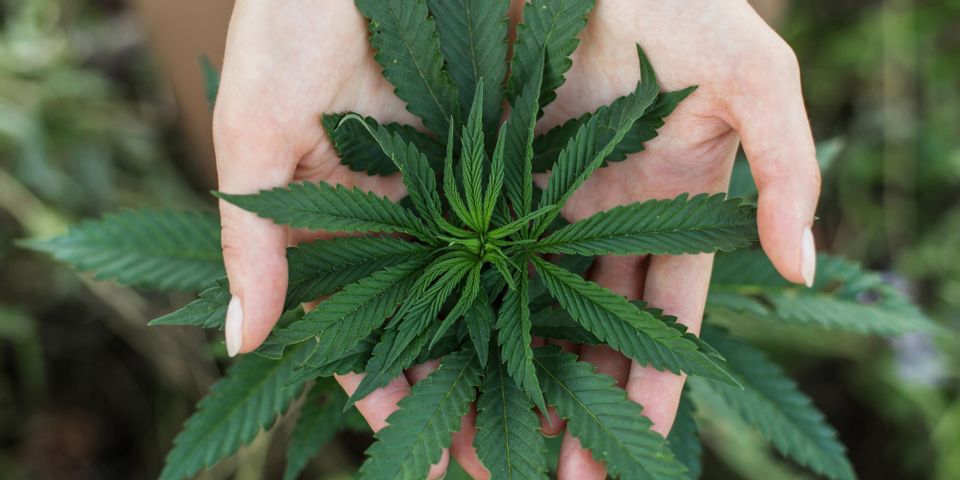A Guide to Parkinson's & Medical Marijuana

If you’ve been diagnosed with Parkinson’s, medical marijuana may relieve symptoms and improve your quality of life. Adult Connecticut residents with the condition may qualify for medical marijuana use with an official diagnosis from a licensed physician as per state guidelines. In addition to discussing this option with your doctor, use the information to decide whether this avenue may be right for you.
What People With Parkinson’s Disease Should Know About Medical Marijuana
How It Functions
Marijuana contains many neurochemicals that work with the brain’s endocannabinoid system, which helps control endocrine function and hormone secretion. Humans have two types of cannabinoid receptors, type 1 (CB1), which is found exclusively in the brain, and type 2 (CB2), which can also be found in the peripheral immune system. People with Parkinson’s have fewer CB1 receptors than those without the disease, and can possibly increase these receptor levels with marijuana use.
How It Helps
Whether inhaled as smoke or vapor or ingested, medical marijuana may improve receptor levels to reduce Parkinson’s symptoms such as tremors and dyskinesia, or involuntary movements. The cannabinoids in medical marijuana have also been studied as treatment for bradykinesia, or slow movements. In addition to improving motor functions, medical marijuana may also help pain symptoms, including sensitivity to hot and cold temperatures. Studies have found patients who use medical marijuana over longer periods typically have fewer pain and weather-related symptoms, as well as reduced problems with anxiety and nausea.
What Drawbacks to Know
 More research on the connection between Parkinson’s and medical marijuana use is needed, as researchers are still uncertain why cannabinoids affect the brain’s CB1 receptors. There are also multiple potential negative health impacts of prolonged medical marijuana use. Smoking marijuana carries an elevated risk of lung cancer, for instance. Unwanted behavioral and mood changes are also common. In the short-term, it can cause unpleasant side effects, like temporary dizziness and blurred vision.
More research on the connection between Parkinson’s and medical marijuana use is needed, as researchers are still uncertain why cannabinoids affect the brain’s CB1 receptors. There are also multiple potential negative health impacts of prolonged medical marijuana use. Smoking marijuana carries an elevated risk of lung cancer, for instance. Unwanted behavioral and mood changes are also common. In the short-term, it can cause unpleasant side effects, like temporary dizziness and blurred vision.
What CBD Is
Medical marijuana containing one of the drug’s main compounds, Delta-9-tetrahydrocannabinol, or THC, causes mild hallucinatory or euphoric effects. Patients who do not enjoy these effects can use cannabidiol (CBD) compounds instead. CBD is not psychoactive and is available under the same state medical marijuana provisions.
As with any treatment or symptom management decision, discuss CBD and medical marijuana with your doctor. For more helpful information and patient resources, turn to Connecticut Advocates for Parkinson’s. Based in Hartford County, CT, this 501(c)(3) organization provides Parkinson’s patients and their families throughout the state with support groups, educational seminars, clinical trial transportation, outreach initiatives, and unity walks. Call (860) 266-6040 today for information about participating or review the latest events online.
About the Business
Have a question? Ask the experts!
Send your question

